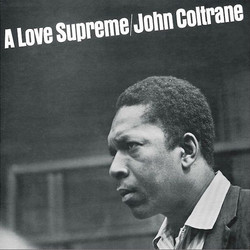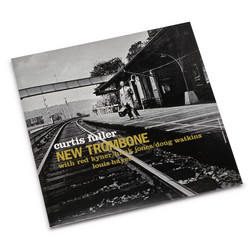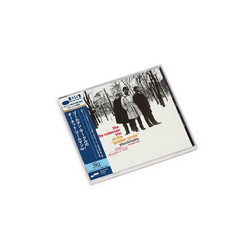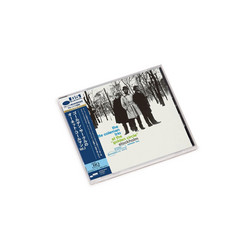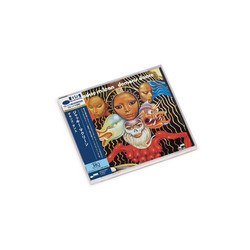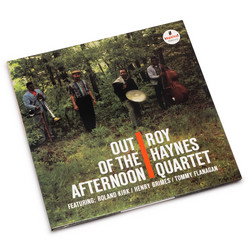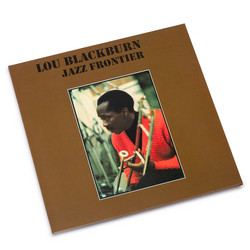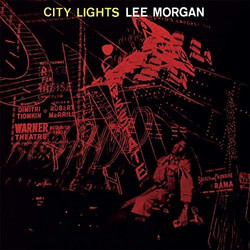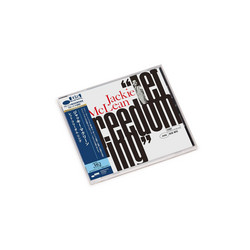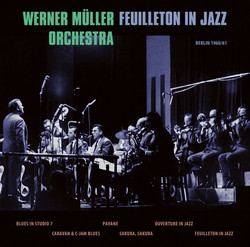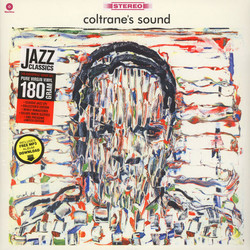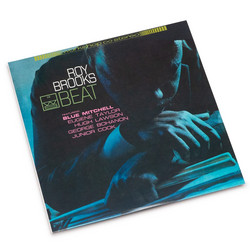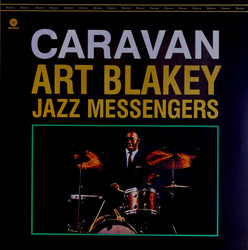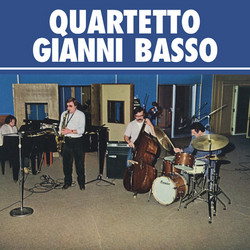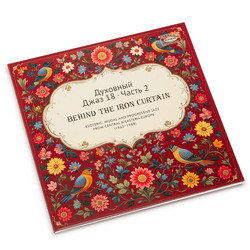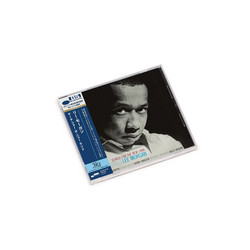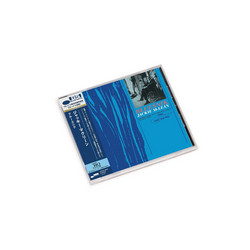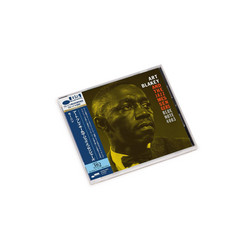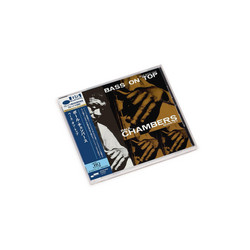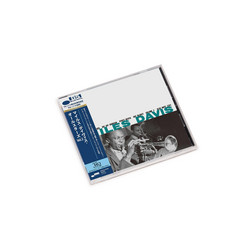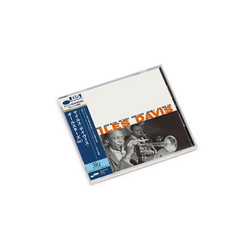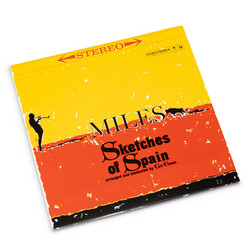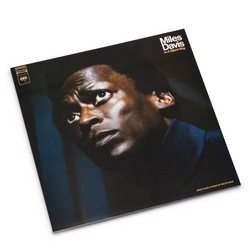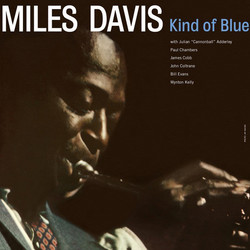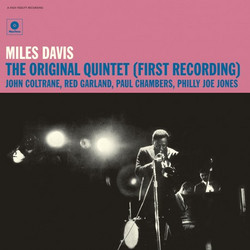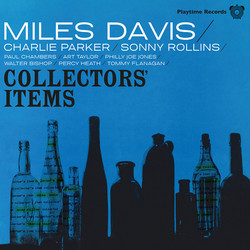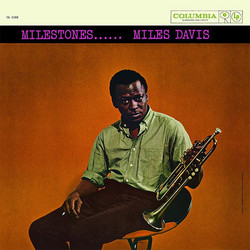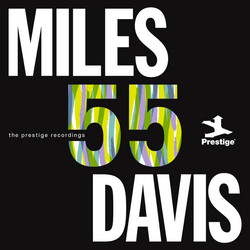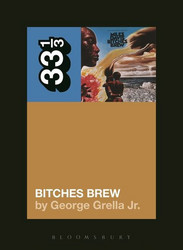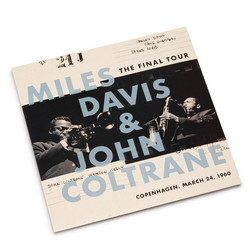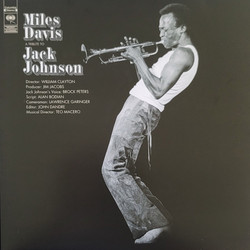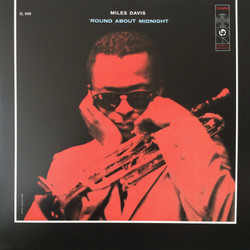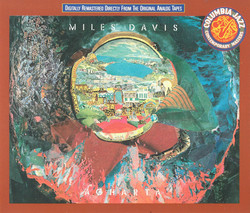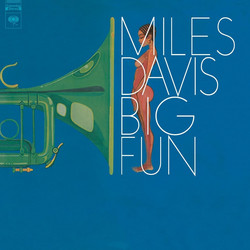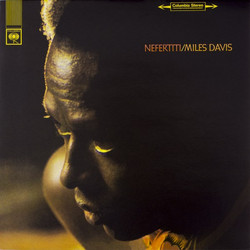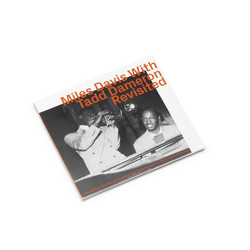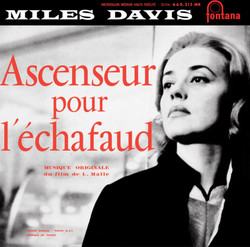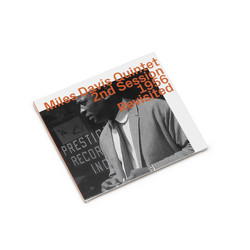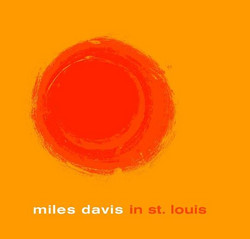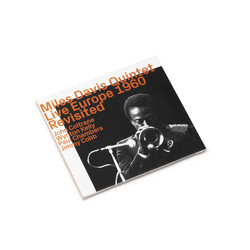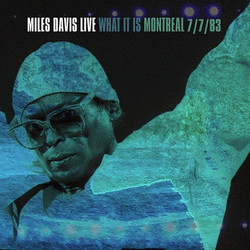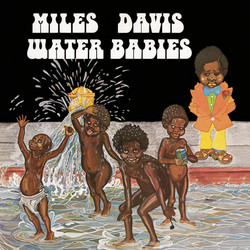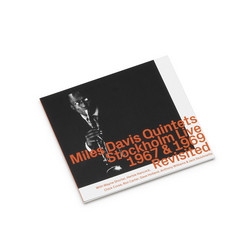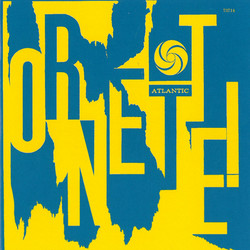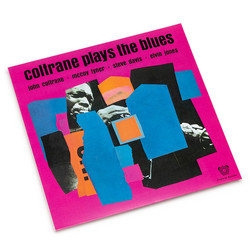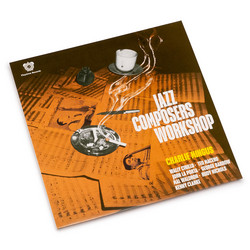When Ira Gitler, jazz journalist and producer at Prestige, curated this album, the term "collector" was already well-established among music enthusiasts. The pursuit of out-of-print recordings, old 78 rpm discs, and unreleased material had reached an intensity comparable to the fervor seen in the vinyl-collecting market decades later. Gitler aimed to offer jazz fans unreleased Prestige recordings while meeting expectations for the amount of music on an LP. Initially dismissed as a mere compilation, the album has since been re-evaluated for its historical and musical importance.
Recorded on January 30, 1953, this session captures the only known recorded collaboration between Charlie Parker (credited as "Charlie Chan" due to contractual constraints) and Sonny Rollins on tenor saxophones. The session's raw authenticity emerges from the palpable tensions between the musicians. Miles Davis had originally joined Charlie Parker's quintet as a teenager, performing regularly between 1945 and 1948. However, in this session, the roles were reversed, with Davis now leading the recording while the seasoned Parker (alongside Sonny Rollins) delivered a stellar performance. Highlights include the two takes of The Serpent's Tooth, showcasing Parker’s brilliance despite his erratic behaviour during the session. Accounts describe Parker treating Davis dismissively, consuming large quantities of vodka, and even falling asleep in the studio. Parker's erratic behavior—combined with Davis's own struggles—infused the recordings with a vital, almost desperate energy.
The second session, recorded on March 16, 1956, presents a markedly different musical landscape. By this time, Parker had passed away, and Davis had signed with Columbia Records. The 1956 session reveals a transformed Miles Davis, his playing more assured and sophisticated. Tommy Flanagan's contributions are particularly noteworthy, his flowing style and lyrical touch drawing comparisons to the great Hank Jones. The rhythm section, anchored by Paul Chambers and Art Taylor, provides a more refined foundation that would become characteristic of Davis's later work. Vierd Blues emerges as a masterful demonstration of modern jazz's connection to its roots, with Rollins delivering one of his most eloquent recorded solos. The interpretation of Dave Brubeck's In Your Own Sweet Way showcases a gentler yet still intense approach, more deeply bluesy than the version Davis would later record with John Coltrane.
The album stands as a crucial document of jazz's evolution during the 1950s, capturing both the raw energy of the bebop era and the sophisticated developments that would follow. What began as a commercial compilation has emerged as an essential testament to a pivotal moment in American musical history, when the urgent innovations of bebop were giving way to the more contemplative approaches that would define the music's future.
